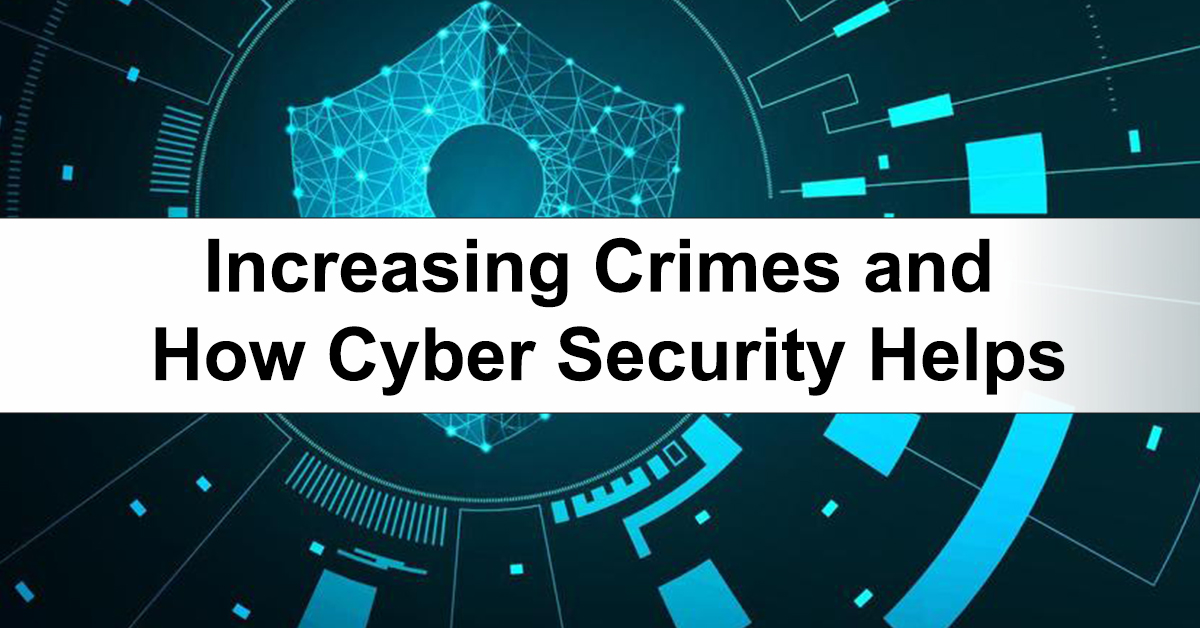The Internet landscape is changing drastically, and savvy hackers are constantly adapting their methods to steal and share your information.
There are daily reports of large and small businesses suffering from, sometimes unrecoverable security breaches. That results in the loss of reputation, customers, and money that can be caused by a security breach.
All small and medium-sized companies have highly sensitive data in their computers and clouds that need comprehensive protection. Besides, many types of data are required to protect due to compliance regulations. This can take the form of customer credit cards, health services, or proprietary intellectual property. Every organization should understand its data integrity obligations and protect them accordingly.
The number of malicious cyber-attacks has increased significantly in recent years. We at Fusion Factor recommend implementing additional security services. The services listed below provide better basic protection for your data. Additional security services may be required if your company's data entails compliance obligations.
Increasing Crimes and How Cyber Security Services Helps:
Vulnerability Scanning – Scans assess network vulnerabilities that a hacker could use to steal data. Everything connected to the Internet (be it a laptop, a Wi-Fi-enabled security camera, or a printer) is a door to your network and your data. This type of scan tests the locks on these doors. Understanding these entry points to the network is critical to data security.
Phishing Testing and Security Awareness Training – Provides your employees with specialized web-based training on how to properly handle confidential information and identify fake emails from hackers who can try to steal sensitive data. A well-informed and careful staff is essential to avoid these unfortunate mistakes and consequently reduce the organization's liability.
Penetration Testing – This is a professional 3 "1 party hacking attempt to identify any externally visible weaknesses. Many compliance / regulatory agencies require this test because it is seen as a comprehensive simulation of a malicious attack. The results of this proactive" White Hat "Tests provide crucial insight into the key vulnerabilities that can be remedied.
PII (Personal Identifiable Information) Scanning – Searches all · company computers for unsecured data (e.g., credit card, social security, driver's license number). By analyzing the locations of this sensitive data (which many hackers target) and taking measures to protect it, the damage caused by a security breach can be significantly reduced.
Active Dark Web Searches – Actively searched the dark web for references to your corporate domain and compromised passwords. We will notify you immediately if something happens.
Mobile Device Management – Manage Smartphones, tablets, laptops, etc. Enforce security, track devices, remote wipe, secure email containers, and add/remove applications.
· Advanced Anti-Virus – Anti-virus based on artificial intelligence that can protect against the new zero-day virus.
Single Sign-On – Offer your employees, partners, and customers secure identity management and single sign-on for every application, be it in the cloud, on-site, or on a mobile device.
Two Factor Authentication – This significantly improves access to your requests, such as email and server access.
Security Information Events Management (SIEM) – A system that centralizes the storage and interpretation of logs and enables real-time analysis so that security personnel can take countermeasures more quickly. This data is collected in a central repository for trend analysis and offers automated reporting for compliance and central reporting. By combining these two functions, SIEM systems enable faster identification, analysis, and recovery of security events. They also allow compliance managers to confirm that they meet a company's legal compliance requirements.
Data Loss Prevention – DLP is a method of investigating and preventing the movement of confidential data outside of a company's secure area. Data loss prevention (DLP), also known as data loss or data leak protection, describes systems and technologies that detect potential data breaches or attempt to move data outside of a company's secure storage and systems and beyond its control. DLP refers to the identification and monitoring of sensitive data to ensure that only authorized users can access it and that there is protection against data leaks. The prevention aspect comes into play when such systems monitor, detect, and then block access to or transmission of sensitive or protected data and information.
DNS Security – A domain blocking service for blocking websites or non-web servers that are visited by categories to control the type of websites that can be accessed. The categories can be overwritten by individually managed blacklists and whitelists.
Disk Encryption – It is a technology that protects information by converting it into illegible code that cannot be easily decrypted by unauthorized persons. Hard drive encryption uses hard drive encryption software or hardware to encrypt each bit of data on a hard drive or disk. Hard drive encryption prevents unauthorized access to data storage.
Contact Fusion Factor cybersecurity specialists
Every organization has its own needs, but unsecured data of any kind is always at risk. The services we offer help to reduce or eliminate these risks significantly.


